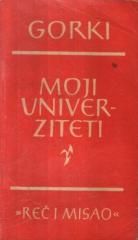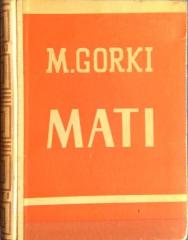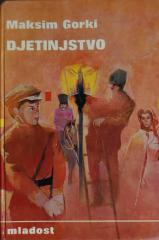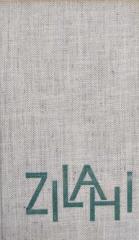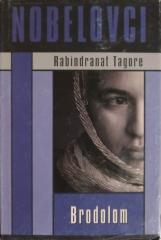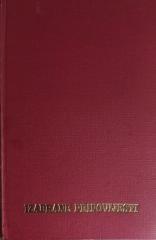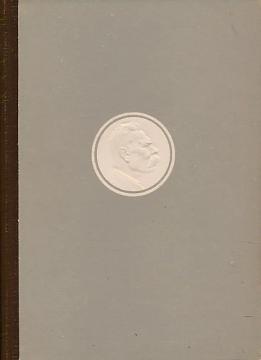
Djela #11: Gradić Okurov / Život Matveja Kožemjakina
Priča „Gradić Okurov” je kratki roman koji je Gorki napisao 1909. godine. Rad prikazuje život malog provincijskog grada Okurova i njegovih stanovnika, fokusirajući se na monotoniju, stagnaciju i moralnu dekadenciju društva.
Radnja se odvija u Okurovu, malom gradu u kome su društveni odnosi zamrznuti u vremenu. Stanovnici su prikazani kao nezainteresovani za promene, dok grad simbolizuje sivilo i mukotrpnost provincijskog života. Likovi su moralno neodlučni, nesposobni da se izdignu iznad sopstvene svakodnevice. Svaka mogućnost promene nailazi na otpor i apatiju, što pokazuje društvenu tromost ruskih provincija. Centralni likovi se često suočavaju sa unutrašnjim sukobima između svojih želja za boljim životom i stvarnosti koja ih sputava. Gorki majstorski koristi mali grad kao mikrokosmos da prikaže probleme šireg ruskog društva pre revolucije.
Dva primerka su u ponudi
